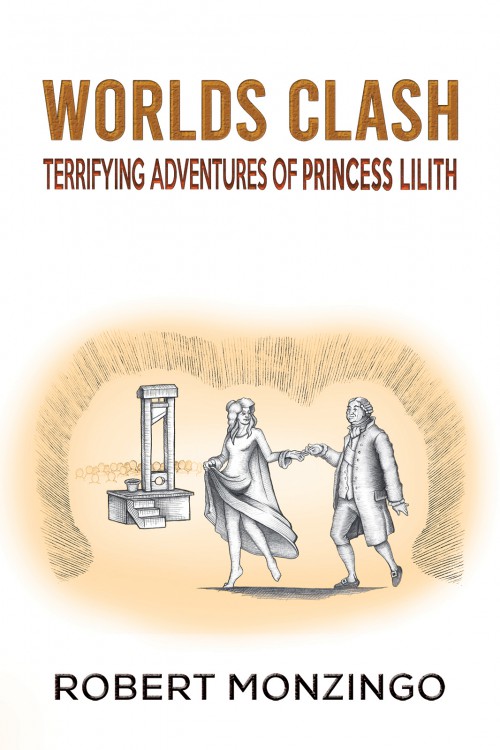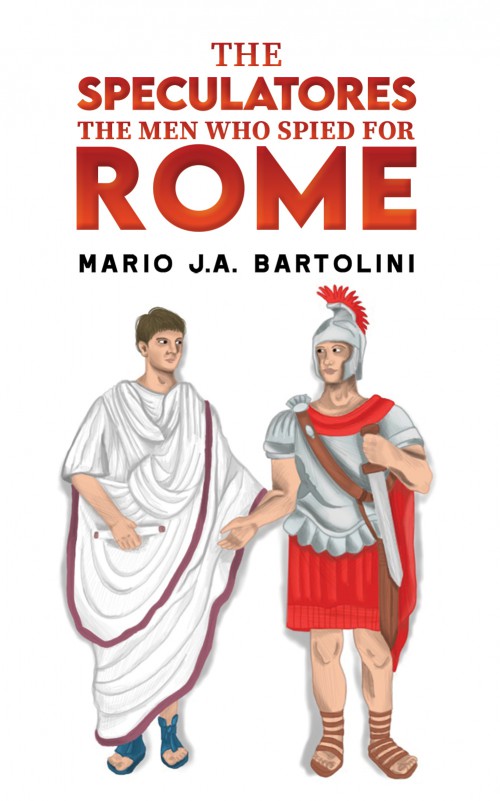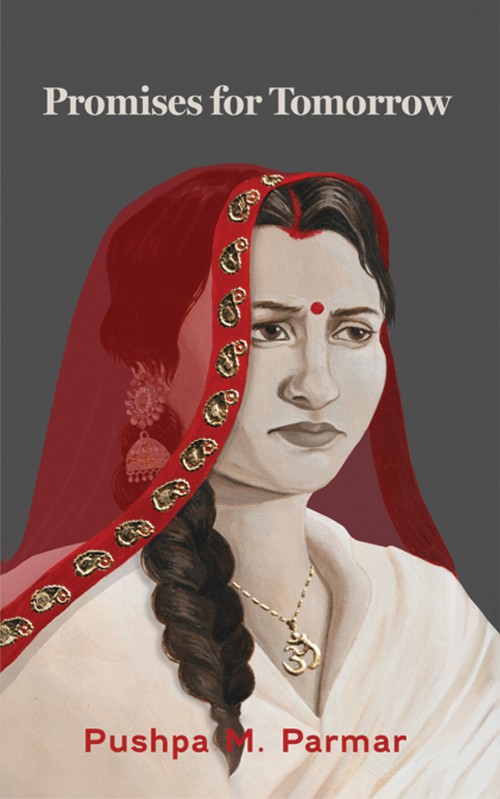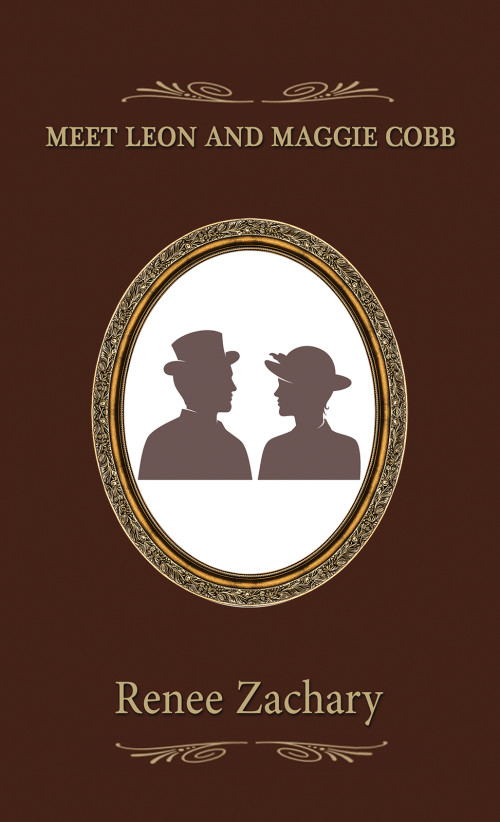Lilith, the Princess of Darkness, gives a tour of some spine-chilling episodes in human experience that gives us the opportunity to consider how rational beings can embark on self-destructive campaigns. The Princess is also a provocateur who uses ingenious recitation of old facts. This work presents challenges with stark insights and bold interpretations. Examining events through multiple prisms reveals hidden connections and intricate designs that produce exquisite models of evil, forming a delicate tapestry of cruelty deserving to be hung in the Louvre of desolation.
The chain of dismal episodes forms a litany of horror that embraces mankind in Lilith’s kiss of death. Each event can be strung on a golden cord, forming a necklace of black pearls. The Sisyphean struggle to create a better world involves events that are heartbreaking because the tragedies they embody could easily be avoided with only a small application of rational thought. Such temptation is seductive, however, because reason seldom prevails unless accompanied by a sprinkling of humor.












